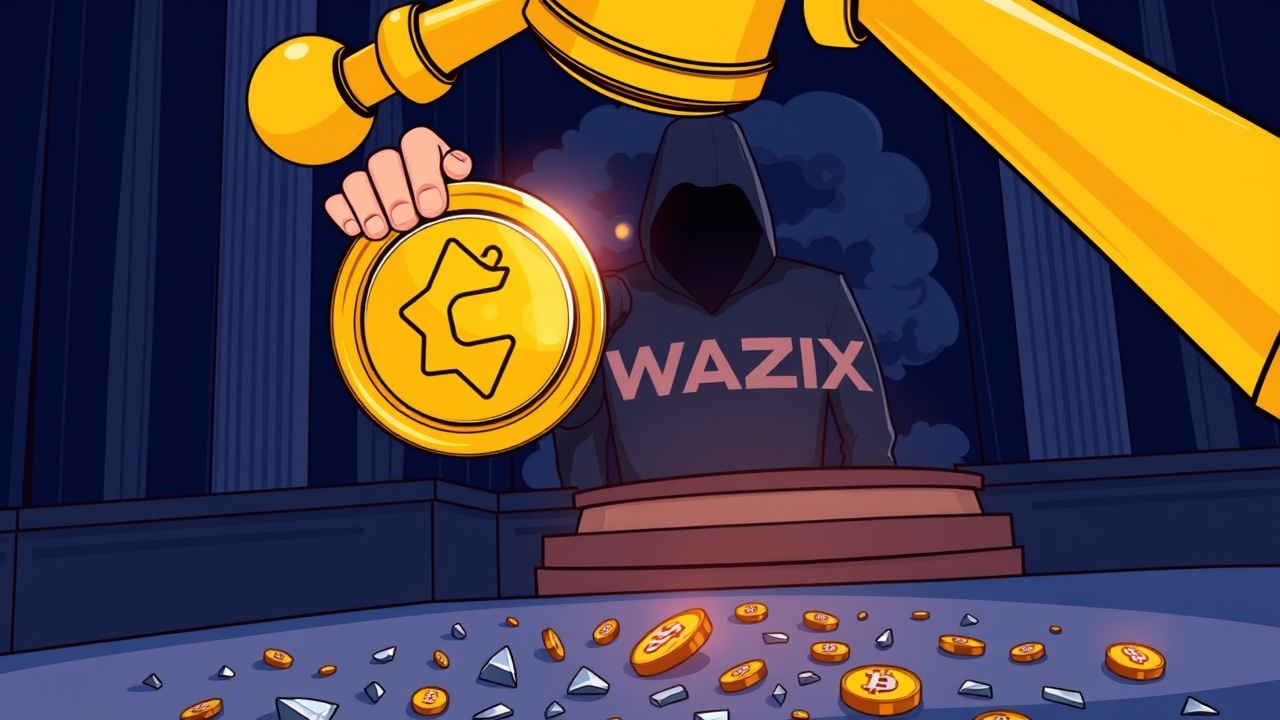Bombay High Court Ruling on CoinSwitch’s Assets
In a significant legal development, the Bombay High Court has affirmed that CoinSwitch, an Indian cryptocurrency exchange, is entitled to reclaim its assets that are currently frozen on the troubled WazirX platform. The court’s decision comes after a hacking incident last year that resulted in the theft of a staggering $234 million in cryptocurrencies from WazirX’s multi-signature wallets, predominantly affecting ERC-20 tokens.
Background of the Case
Actor in this case, Zanmai Labs, which operates WazirX and is a branch of Singapore’s Zettai exchange, had previously resisted CoinSwitch’s attempts to recover its funds. However, on Tuesday, Justice Somasekhar Sundaresan supported an arbitration tribunal’s directive for Zanmai to furnish bank guarantees approximating $5.4 million (equivalent to Rs 45.38 crores) to safeguard CoinSwitch’s claims.
Significance of the Ruling
This ruling is pivotal for CoinSwitch, as approximately $9.7 million of its funds remain locked on WazirX. Without the court’s intervention, CoinSwitch risked participating in a loss distribution plan proposed by Zettai, which would have resulted in significant financial losses for the exchange alongside other creditors.
Judgment Details
The judgment also addressed Zanmai’s claims of exoneration from responsibility for asset security, which it attributed to a 2019 deal with Binance. Justice Sundaresan decisively ruled against this argument, stating:
If assets are held in the custody of a person under an agreement, it is for the person in whose custody those assets are held to be accountable for the custody of those assets.
CoinSwitch and Zanmai maintained a cooperative broker agreement from August 2022, which treated WazirX as an equivalent entity to Zanmai, imposing obligations on WazirX to ensure consistent performance and a duty to mitigate risks from force majeure events, including cyberattacks. The tribunal only applied a 45% deduction specifically to the ERC-20 tokens affected by the breach, affording protection to other assets against Zettai’s intended loss distribution strategy.
Legal Expert Insights
Legal expert Navodaya Singh Rajpurohit, who represents creditors in a different action aimed at launching a Special Investigation Team to probe the hack, highlighted the ruling’s importance by referencing the Wander v. Antox precedent, emphasizing the court’s restraint in overturning the tribunal’s interim rulings unless they are fundamentally flawed. He noted that the court recognized Zettai’s non-involvement in the contractual arrangements between the parties, thereby invalidating any justification for shifting Zanmai’s responsibilities.
Ongoing Disputes and Future Proceedings
Additionally, the court brought to light the uncertainties clouding the relationships and responsibilities among involved parties, particularly concerning the ongoing disputes between Zettai and Binance. WazirX’s founder, Nischal Shetty, has been reportedly reticent in revealing information in Singapore courts, citing confidentiality constraints.
Rajpurohit further mentioned that the court established the entitlement of any vulnerable party with frozen assets to safeguarding measures while awaiting adjudication, concluding that the expectation for asset protection against security failures was not unreasonable. In the wake of the July 2024 breach, which impacted over 40% of CoinSwitch’s holdings, WazirX implemented a freeze on withdrawals; as a result, CoinSwitch initiated legal action to reclaim its funds while still maintaining a user reserve at a 1:1 ratio.
As of now, the court has dismissed several petitions from Zanmai and scheduled contempt proceedings for November 11, 2025.




